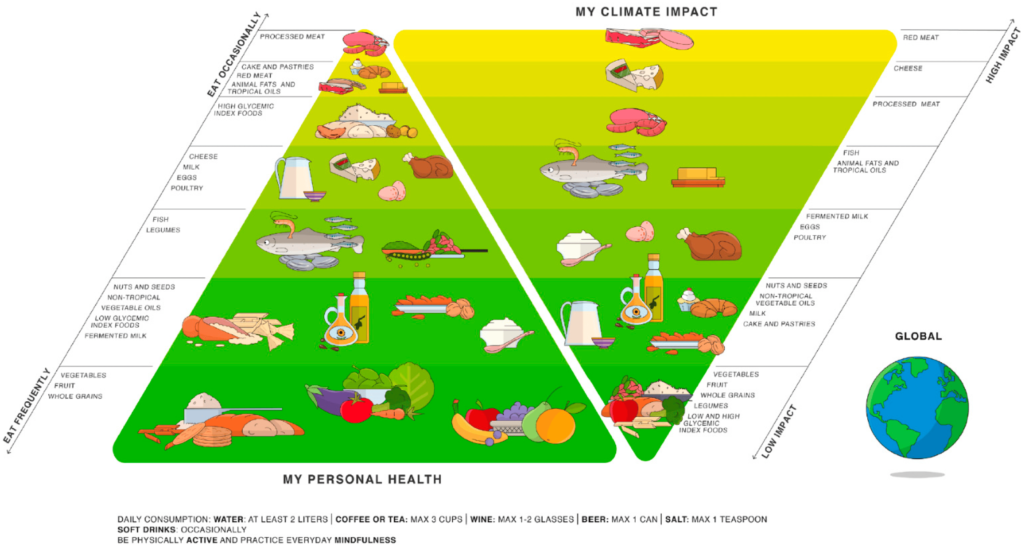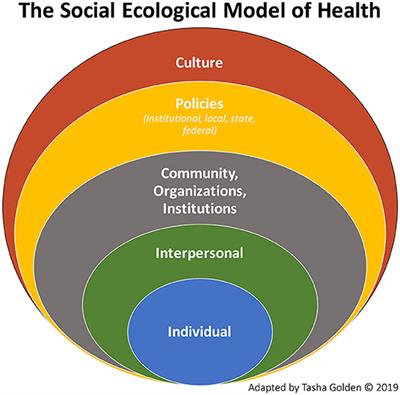Over the past few years, there’s been a growing interest in plant-based diets. This dietary shift, fuelled by health concerns, ethical reasons, and environmental sustainability, is increasingly becoming mainstream. This essay will explore the rising popularity of plant-based diets from an environmental and health perspective, including the challenges and potential implications for the global food system.
Defining Plant-Based Diets

Plant-based diets primarily consist of foods derived from plants, including fruits, vegetables, grains, legumes, nuts, and seeds, with few or no animal products. The approach to plant-based eating varies; while some choose veganism (completely eliminating animal products), others opt for a vegetarian diet or a flexitarian approach, which involves a mostly plant-based diet with occasional meat consumption.
Environmental Benefits of Plant-Based Diets
The meat industry is a significant contributor to greenhouse gas emissions and deforestation, contributing to climate change. A shift to plant-based diets can reduce the environmental footprint of our food systems. A study published in Nature found that if global diets shifted towards plant-based, it could reduce global mortality by 6-10% and food-related greenhouse gas emissions by 29-70% (Nature, 2016).
Health Benefits of Plant-Based Diets
From a health perspective, plant-based diets have been linked to lower risks of heart disease, high blood pressure, diabetes, and obesity. A report by the American Heart Association indicates that plant-based diets can reduce the risk of heart disease by 40% (AHA, 2020). However, it’s essential to plan these diets well to meet all nutritional needs, particularly for nutrients like vitamin B12 and iron, which are primarily found in animal products.
Challenges in Adopting Plant-Based Diets
Despite the benefits, there are hurdles in transitioning to plant-based diets. These include ingrained dietary habits, taste preferences, lack of knowledge about plant-based nutrition, perceived inconvenience, and concerns about cost. Additionally, there is the challenge of ensuring that plant-based diets are nutritionally adequate and balanced.
Future Outlook: The Role of Food Technology and Education

Emerging food technologies and increased awareness about diet and sustainability are paving the way for the wider adoption of plant-based diets. Innovations like lab-grown meat and plant-based proteins are providing more options for consumers. At the same time, education can play a vital role in overcoming the challenges associated with transitioning to plant-based diets.
Conclusion
In conclusion, the shift towards plant-based diets represents a promising trend for both environmental sustainability and human health. However, it’s crucial to address the challenges associated with this transition. With appropriate support, including advancements in food technology and increased education, plant-based diets can become a more accessible and sustainable dietary option for the future.
References:
- Nature (2016). Analysis and valuation of the health and climate change cobenefits of dietary change. Nature.
- American Heart Association (2020). Plant-based diets are best… or are they?. AHA.




